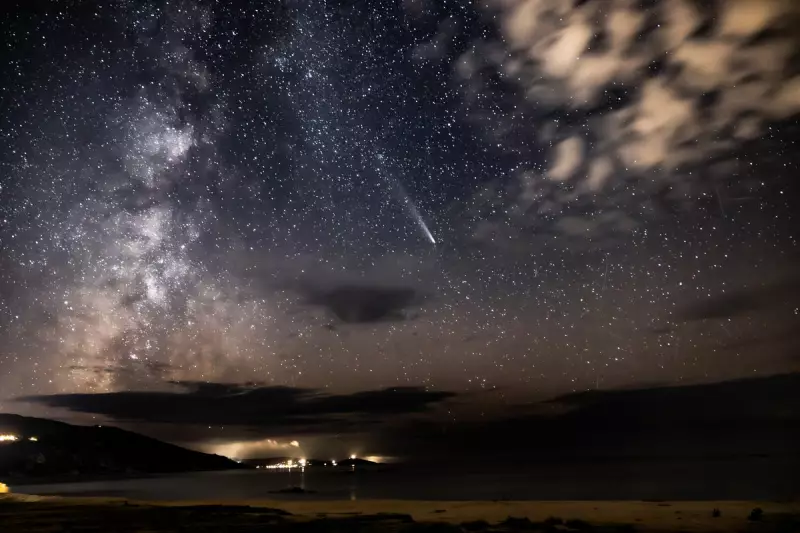
In a scientific milestone that could revolutionise long-term space exploration, researchers have confirmed that mice can successfully reproduce in zero-gravity conditions aboard the International Space Station (ISS).
The Cosmic Reproduction Experiment
The groundbreaking study, conducted by Japanese scientists from JAXA (Japan Aerospace Exploration Agency), involved sending specially housed mice to the ISS to observe their mating behaviours and reproductive capabilities in microgravity.
Remarkably, the space-faring rodents not only mated successfully but produced healthy offspring that developed normally - challenging previous assumptions about mammalian reproduction in space environments.
Why This Matters for Human Spaceflight
This breakthrough has profound implications for future human space colonisation efforts:
- Proves mammalian reproduction is possible in microgravity
- Addresses critical concerns about multi-generational space missions
- Provides data for protecting human reproductive health in space
- Supports plans for lunar bases and Mars colonies
The Science Behind the Success
Researchers designed specialised habitat cages that allowed the mice to move and mate naturally despite weightlessness. The experiment ran for several months, with scientists monitoring:
- Mating behaviours and frequency
- Pregnancy development
- Birth processes in microgravity
- Offspring growth and development
"The pups born in space showed normal development patterns," reported the lead researcher. "This suggests gravity isn't essential for mammalian reproduction, though more studies are needed."
Next Steps in Space Reproduction Research
While these results are promising, scientists emphasise the need for further research:
- Long-term effects on multiple generations
- Potential impacts on reproductive cells
- Differences between rodent and human reproduction
- Solutions for radiation protection during pregnancy
NASA and other space agencies are already planning follow-up experiments that could eventually lead to human reproduction studies in space environments.





